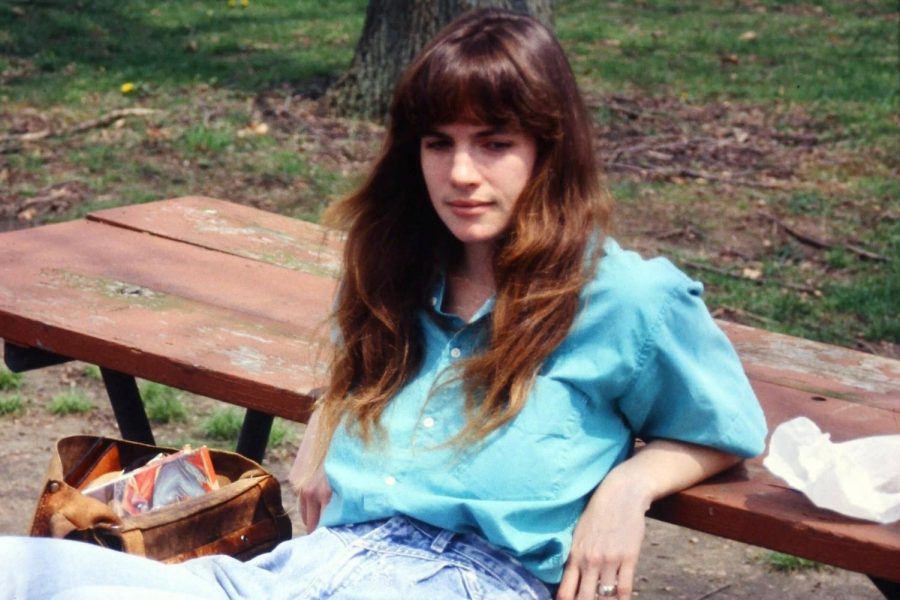DI Voices | Maria, patron saint of working moms
University alumna Maria Race, mother of columnist Jude Race, talks about her experiences as a woman in science and engineering. Race discusses overcoming sexism while balancing motherhood.
Mar 1, 2022
As a child, it’s difficult to fathom the depths of a mother’s sacrifices. That’s why I interviewed my mom Maria. I wanted to better understand her experiences both as a woman and mother in the male-dominated world of science and engineering.
Born in 1962 to a working-class family, Maria came up in an era when girls were still funneled into nursing, teaching and homemaking. But Jeanette, my grandma, was hellbent on Maria breaking the mold — she would succeed and be better than any man could be at anything.
With Jeanette pushing her, Maria did all she could to be tougher and smarter than the boys. The older she got, though, the crueler the boys became.
With adolescence came sexual harassment. Girls were put in one of two categories — “sluts” or “prudes” — and either way they had targets on their backs. Maria was no exception; she had to deal with harassment through middle school, high school, college and beyond.
Still, she shattered what everyone in her town thought a poor girl could do, graduating high school and moving on to physics at Purdue University.
Get The Daily Illini in your inbox!
In college, Maria was the only woman in most of her classes. A professor once told her she didn’t belong there since she’d probably just get married and become a housewife anyway.
Like she said, “It was a hazing.”
After finishing her degree at the University of Illinois, she began working in environmental sustainability. But even in professional settings, co-workers harassed her.
At the Department of Energy, her boss hit on her constantly. To get to some parts of the building, she had to walk through a locker room where men had pinned up pornography.
“A culture of sexual harassment with everybody involved,” was how she described it.
Maria had to be twice as tough and devoted as the men were to prove her worth, but they still interrupted her, mansplained to her and stole credit from her.
One employer even tried withholding her maternity leave payments while paying men for their medical leave — her boss’s secretary made sure she got paid, though.
With my three brothers and I, she began a difficult balancing act between motherhood and work. Fortunately, she had my dad, who supported her career pursuits, and our babysitter, Loreta, who was like a second mother in our house.
When I was in kindergarten, Maria sent “The New York Times” a letter to the editor describing her routine: “Getting up at 5 a.m. to make lunches and start getting kids ready for school; going to work at 6:40 a.m., returning home at 6 p.m. to help make dinner, spend time with everyone and help with homework, put kids to bed, then work from 9 to 11 on stuff that didn’t get done at work….”
None of this is to mention that my brothers had learning disabilities, my dad went on frequent business trips and she still had to prove herself to sexist colleagues.
She called it, “Burning the candle at both ends.” What an understatement.
Her advice to women considering careers in science and engineering? Find a female mentor, make alliances, never apologize, don’t let men interrupt you and don’t be afraid to interrupt men — I can personally attest she’s great at that last one.
In seriousness, though, she’s proven she can handle more than any man could. I know Grandma Jeanette would be proud if she could see Maria now.
And while I don’t know how she managed it all, I do know my mom is a hero in my book.
Jude is a senior in LAS.






